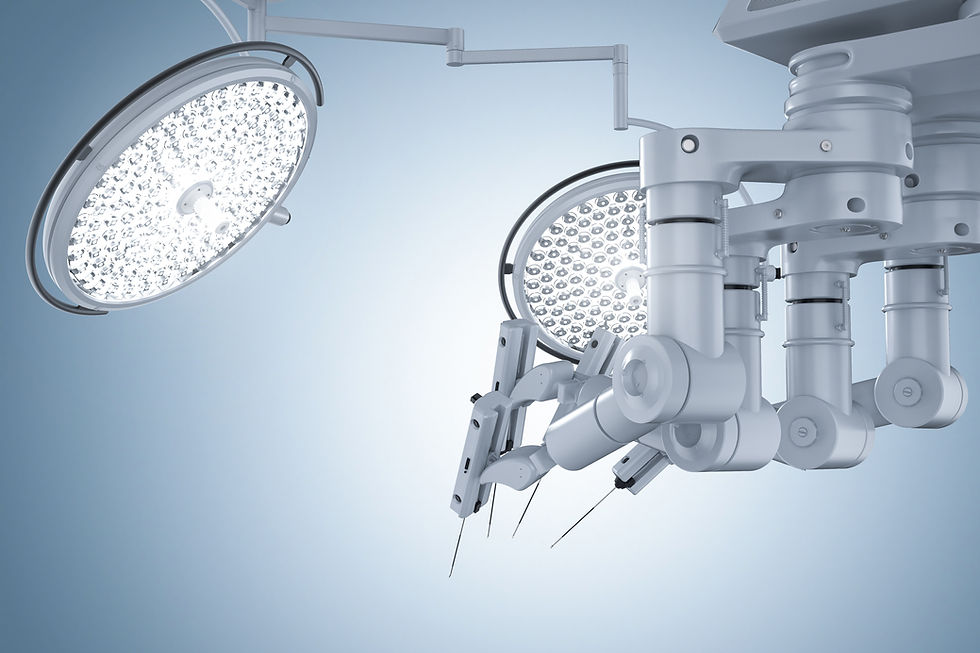What are the requirements of Quality System FDA Regulation?
- Provision Consulting Group
- Jun 21, 2022
- 3 min read
Jun 21 2022

Manufacturers must establish and follow quality systems to help ensure that their products consistently meet applicable requirements and specifications. The quality systems for FDA-regulated products (food, drugs, biologics, and devices) are known as current good manufacturing practices (CGMP’s).
Flexibility of the QS Regulation
The QS regulation embraces the same "umbrella'' approach to the CGMP regulation that was the underpinning of the original CGMP regulation. Because the regulation must apply to so many different types of devices, the regulation does not prescribe in detail how a manufacturer must produce a specific device. Rather, the regulation provides the framework that all manufacturers must follow by requiring that manufacturers develop and follow procedures and fill in the details that are appropriate to a given device according to the current state-of-the-art manufacturing for that specific device.
Manufacturers should use good judgment when developing their quality system and apply those sections of the QS regulation that are applicable to their specific products and operations, 21 CFR 820.5 of the QS regulation. Operating within this flexibility, it is the responsibility of each manufacturer to establish requirements for each type or family of devices that will result in devices that are safe and effective, and to establish methods and procedures to design, produce, distribute, etc. devices that meet the quality system requirements. The responsibility for meeting these requirements and for having objective evidence of meeting these requirements may not be delegated even though the actual work may be delegated.
FDA has identified in the QS regulation the essential elements that a quality system shall embody, without prescribing specific ways to establish these elements. Because the QS regulation covers a broad spectrum of devices, production processes, etc., it allows some leeway in the details of quality system elements. It is left to manufacturers to determine the necessity for, or extent of, some quality elements and to develop and implement specific procedures tailored to their particular processes and devices.
Applicability of the QS Regulation
The QS regulation applies to finished device manufacturers who intend to commercially distribute medical devices. A finished device is defined in 21 CFR 820.3(l) as any device or accessory to any device that is suitable for use or capable of functioning, whether or not it is packaged, labeled, or sterilized.
Certain components such as blood tubing and diagnostic x-ray components are considered by FDA to be finished devices because they are accessories to finished devices. A manufacturer of accessories is subject to the QS regulation.
GMP Exemptions
FDA has determined that certain types of medical devices are exempt from GMP requirements. These devices are exempted by FDA classification regulations published in the Federal Register and codified in 21 CFR 862 to 892. Exemption from the GMP requirements does not exempt manufacturers of finished devices from keeping complaint files (21 CFR 820.198) or from general requirements concerning records (21 CFR 820.180).
Medical devices manufactured under an investigational device exemption (IDE) are not exempt from design control requirements under 21 CFR 820.30 of the QS regulation.
Provision provides registration, clearance, labeling compliance
and even initial importer services.
We will streamline the regulatory processes so that our clients can utilize
their time and money most efficiently.
Experience the best FDA approval directions and solutions!
If you have questions about FDA regulation of medical devices
or importing of medical devices to the United States,
please CONTACT US.
Office 1-909-493-3276
Email ask@provisionfda.com
SOURCE :
.png)

